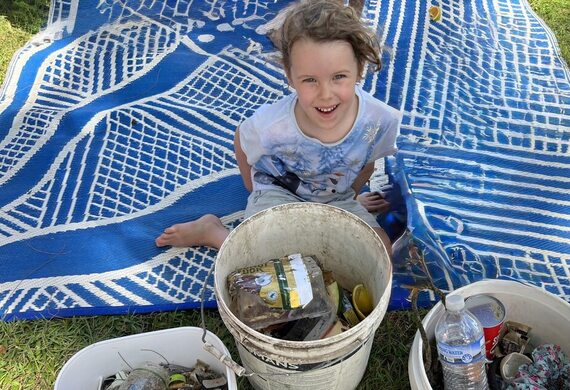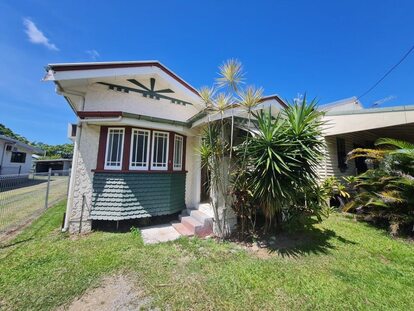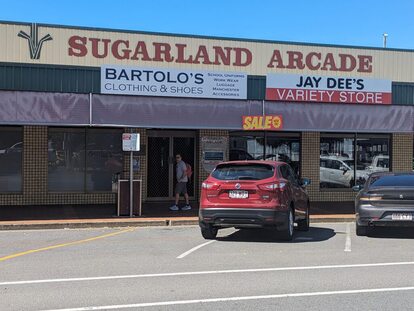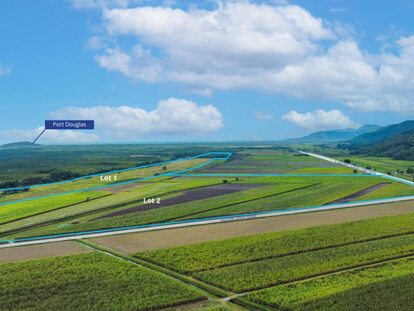Waiting for a cyclone warning could be too late
SHARED RESPONSIBILITY
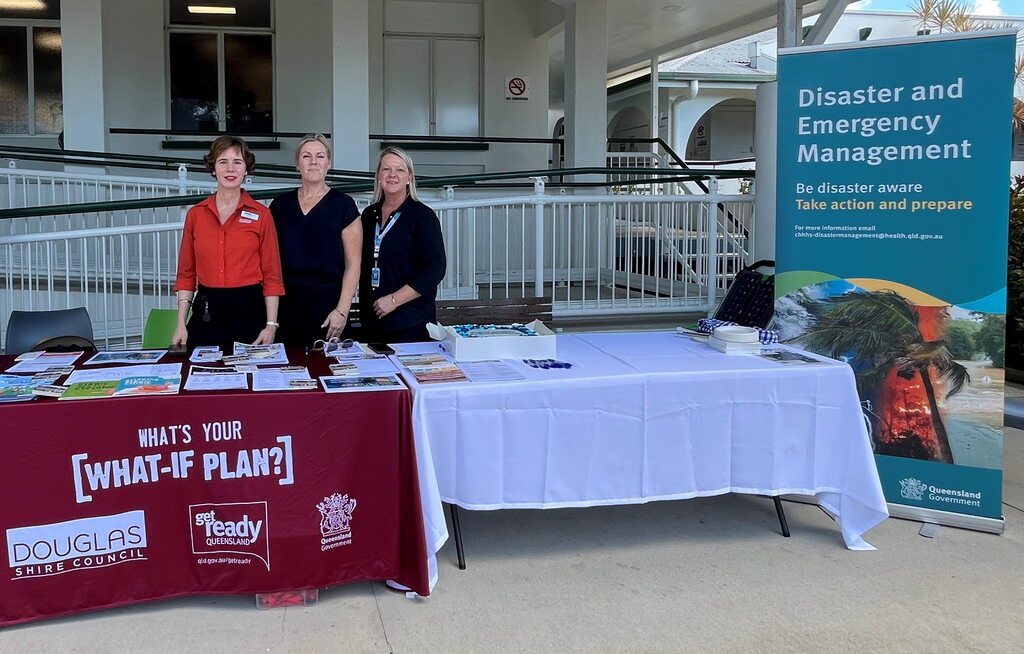
BUSINESS FEATURE
Living in paradise has its perks, but also the risk of cyclones. They can hit fast, yet many wait until it’s too late to act. The truth? Preparation should start well before the alerts, and it’s something we all share responsibility for.
Disasters don’t wait for the perfect moment, by the time they hit, there’s often little time to react.
Planning ahead for cyclone season helps protect your family, secure your home, and avoid the stress of last-minute decisions. It’s not just up to emergency services; we all have a role to play.
The Douglas Disaster Management Unit (DMU) is at the forefront of helping the community prepare for these events, offering valuable resources and tools to support residents.
Their goal isn’t just to restore infrastructure or manage events, it’s also about empowering locals with the knowledge to respond effectively when an emergency strikes.
Leading this charge is Paul Hoye, Douglas Shire’s Local Disaster Coordinator.
With years of experience in disaster management, Paul has seen firsthand how small steps in preparation can make all the difference in reducing damage and saving lives.
“Whether a situation forces you to evacuate or traps you at home, being ready for the unexpected is critical,” Paul said. An evacuation plan in place can save lives when extreme weather hits.”
Tools and resources for preparedness
To help keep residents informed and prepared, the DMU offers a variety of resources, starting with the Douglas Disaster Dashboard.
This platform provides real-time flood zone updates and live feeds from flood cameras, allowing residents to track conditions as they unfold. It's an essential tool for staying ahead of potential disasters.
The DMU team has been updating the dashboard to ensure residents have the latest information, including upcoming flood studies for Wonga, Mossman, and Degarra, set for release in November.
These studies will provide valuable insights into local flood risks, allowing residents to adjust their plans accordingly.
Paul emphasised the importance of knowing your evacuation options.
“It’s crucial to understand the natural hazards in your area, whether that’s a storm tide zone, or a yellow, red, or orange zone. Building connections with others in safer areas can also give you a place to seek shelter if needed.”
“We encourage residents to plan for isolation. Sometimes evacuation isn’t possible, so knowing how to secure your home, care for pets, be self-sufficient and assist elderly relatives or neighbours, becomes essential.
In addition to these tools, the DMU hosts community events featuring experts who break down complex topics, like flood modelling, the potential impact of weather events on the area, and psychological preparedness.
As the wet season approaches, more meetings are scheduled to ensure the community stays up-to-date and ready to act.
During this time, keep an eye out for community activities across the Shire, including events run by local organisations to help their clients stay informed, prepared, and ready to respond.
Disaster preparedness is a shared responsibility. The more we each do to ensure our own safety, the stronger and more resilient our community will be in times of crisis.
For all the information you need to get disaster-ready, visit: https://douglas.qld.gov.au/disaster-management-and-preparedness/
------------
Want to showcase your business or event with a business feature? Please contact [email protected]



